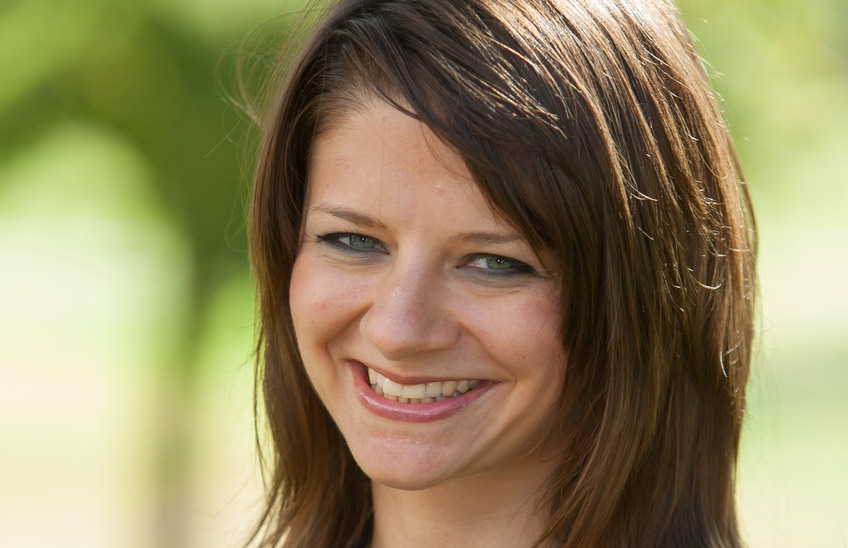The ICS is looking for volunteers for a project on the passage of the report around the Civil War, the Dictatorship and the Transition.
The testimony of 30 families from Navarre, the Basque Country and Madrid with three living generations will be used to analyze how recent history is perceived and transmitted.

08 | 09 | 2022
The University of Navarra is looking for 30 volunteer families in Navarra, Basque Country and Madrid for a research on how the recent history of Spain, in particular the Civil War, the Dictatorship and the Transition to democracy, is perceived and transmitted between consecutive generations. The project, called 'Spain XYZ', is led by Anna Dulska, of the Institute for Culture and Society (ICS), and is funded by the Ministry of the Presidency, Relations with the Courts and report Democracy.
As a requirement, participating families must have three living generations of age or older who have resided in the State. Personal interviews will be conducted with family members and, to ensure confidentiality, data will be processed anonymously.
"We want to get to know your imagination and perception of these historical stages. We would like to hear your own experiences, opinions, feelings...", explains Anna Dulska. Those interested in participating can write to the e-mail prespas@unav.es.
Public policies for report
agreement to the researcher, today there are several generations that "understand the past in very different ways": the silent generation (those born between the thirties and forties), the baby boomers (those born between the forties and sixties), generation X those born between the sixties and eighties), generation Y (those born between the eighties and nineties), generation Z (those born in the first decade of the 21st century) and the so-called generation T, born since 2010.
"Their experiences of the present and their knowledge of the past have led them to develop very different positions and sensitivities towards the same facts, so they have very different responses to public policies," he says.
Anna Dulska emphasizes the importance of delving into how different versions of history are produced across generations. "We are
experiencing the shift from direct recollection of events by their witnesses to what is known in some way to others who have not experienced them directly," she points out.
